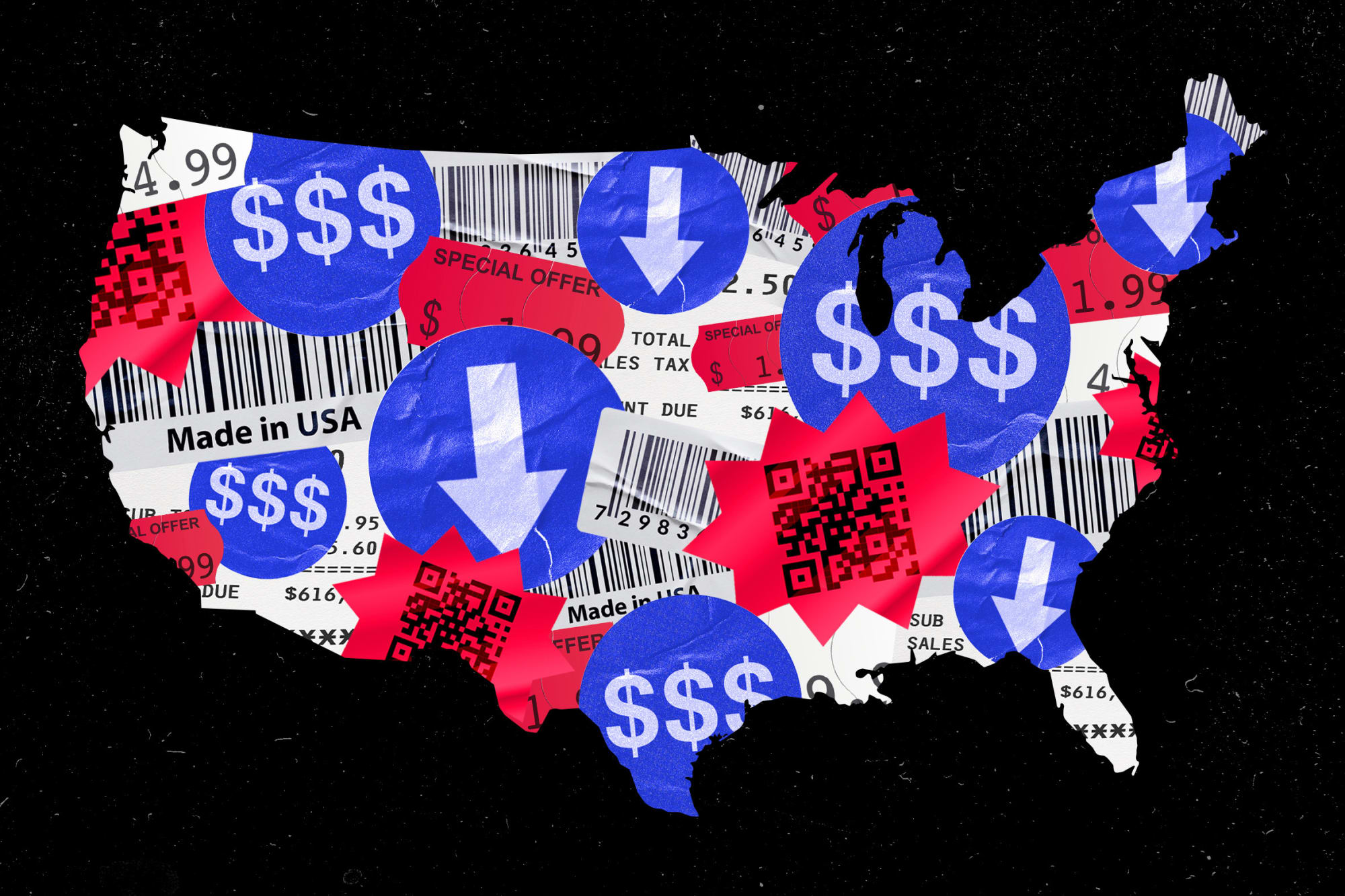
On the political stage of the United States, the election calendar has been a critical period of intense competition and complex games among various politicians. During this period, politicians often adopted a series of strategies to win the support of voters, including proposing eye-catching policy proposals and conducting large-scale propaganda campaigns. However, as the election cycle approaches, a phenomenon that cannot be ignored gradually emerges, and many politicians choose to abandon the basic principles of economics and exchange short-term benefits for the favor of voters.
Firstly, during the election period, politicians tend to introduce large-scale tax reduction plans, increase government spending, and other fiscal stimulus measures to stimulate economic growth and boost employment rates. Although these measures can boost economic confidence, promote consumption and investment in the short term, they often overlook fiscal discipline and long-term debt sustainability, increasing fiscal deficits and public debt burdens.
Secondly, in response to voters' concerns about job losses and international trade imbalances, politicians may take protectionist measures such as raising tariffs and implementing trade barriers. These measures may protect domestic industries and employment in the short term, but in the long run, they may disrupt the global trading system, trigger trade wars, and harm global economic growth and consumer welfare.
Furthermore, in order to win the support of voters, politicians often promise to expand welfare expenditures such as social security and healthcare, but behind these promises, there is a lack of specific funding sources and feasible fiscal plans. This' empty promise 'policy commitment may not only fail to be fulfilled, but also exacerbate fiscal pressure and damage the country's long-term competitiveness.
It is worth mentioning that voters often focus more on immediate economic benefits and improvements in their lives, while lacking sufficient understanding of the long-term economic consequences. Therefore, politicians tend to exploit this short-sighted mentality and introduce policies that appear to bring immediate benefits in order to win votes. In addition, under the pressure of elections, politicians tend to pursue political interests rather than economic ones. By abandoning economic principles, they can gain more voter support and thus gain a favorable position in the election.
Although economics is an important social science, its popularity in American society is still increasing. Many voters and politicians lack basic knowledge of economics, making it difficult to accurately assess the economic impact of policies. This to some extent provides space for politicians to abandon economic principles.
In the long run, excessive spending and tax cuts during election years will exacerbate fiscal pressure, leading to a rise in public debt and affecting the country's credit rating and financing costs. When voters find that policy promises cannot be fulfilled or policy effects are far from expected, they may feel disappointed and dissatisfied, leading to a sense of distrust in the political system.
In order to maintain the financial health and economic stability of the country, fiscal discipline and public debt management should be strengthened. Develop and implement strict fiscal policy rules to ensure that fiscal expenditures match fiscal revenues. We should also strengthen public debt management, control the growth rate of debt scale, and reduce debt risks.
In short, behind American politicians abandoning economics in election years is a complex social issue. To solve this problem, it requires the joint efforts and continuous promotion of the whole society. At the same time, it is necessary to establish a more transparent and accountable financial decision-making mechanism to ensure that policy formulation conforms to economic laws and the long-term interests of the country. In addition, all sectors of society should strengthen supervision and evaluation, and promote the government to maintain rationality and stability in economic policies.

报告显示,中国电力投资加速增长,预计2024年电网基建投资将超过5300亿元。
近日,市场迎来了一则引人注目的消息:工业巨头3M公司(MMM.N)在本周五公布了其季度业绩报告,随后股价飙升至近两年来的
最近,外媒给OpenAI算了笔账,今年可能要血亏50亿美元。
近日,巴黎奥运会和世界铁人三项协会联合发布了一项重大决定,宣布因塞纳河水质污染问题,原定于近期进行的奥运会铁人三项首次下
当地时间7月18日,法国巴黎发生了一起令人震惊的持刀袭警事件。
近期,一则重大消息在国际舞台上引起轩然大波,马来西亚宣布加入金砖国家。
调查发现,互联网和智能手机的使用干扰了韩国近五分之一学生的生活。